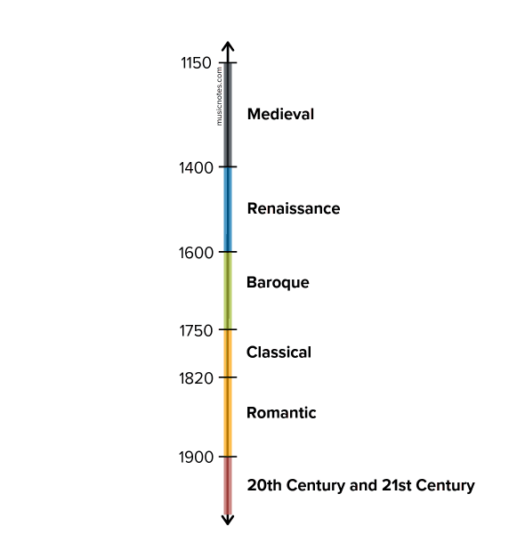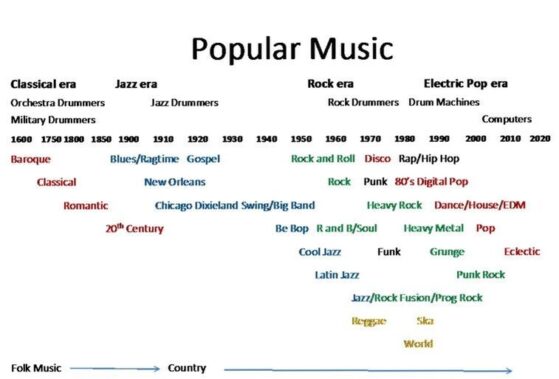Stream the full episode on Spotify, YouTube, Amazon and Apple Podcasts.
Transcript:
Natasha Barbieri: Hello and welcome, music lovers, to the very first episode of the Crossover Deep Dive Podcast, where we will explore fascinating stories from the lives of current artists or look back historically at some of the biggest achievers to learn more about crossover music, see how the genre has progressed, highlight lessons learned and go deeper into the business of making music.
My name is Natasha Barbieri and I am a singer and the creator of Crossover Music Magazine and I will be your host in this series. To kick us off on this new podcast journey, today’s episode will be a deep dive into the history of genres, why they are important but also a look into how sometimes they can box artists in and what the solutions are.
Joining me today, are some very special co-hosts:
- Joanna Forest from England is a No.1 best selling artist from the UK, she’s also an actress and broadcaster. Joanna writes the ‘Rhythm of My Life’ column for CMM.
- Grace Foley from Ireland is a singer/songwriter with a vary rare type of voice. She is a contralto and recording artist and voice teacher. Grace writes a column called ‘Grace Notes’ for us.
Natasha Barbieri: Before we unravel the intricacies of genres, Grace, let’s start at the beginning. How did the concept of music genres come about, and why was there a need to categorize music in the first place?
Grace Foley: Excellent question, Natasha. Genres go back all the way to ancient Greece. Aristotle wrote “Poetics” on the theory of drama and it included a classification system, since then classification systems have been applied to literature, visual arts, film and of course music.
In Western classic music, we have defined periods that musicians learn about in school. They are:

Although each of these periods developed different stylistic elements and types of performance vehicles such as the fugue, concerto, sonata, opera. They are now known collectively as classical music.
In parallel to this development of western classical music, Folk and popular styles were also emerging and diversifying. Folk or world music has been passed down through generations, way before music notation came into being. When the classical genre was losing some of it’s audience with the 20th century progressions, Jazz styles were also coming into play, there was also vaudeville which would become Broadway. Music also reflects the cultural and social changes that are happening and Rock and R&B/soul spoke to real issues in the world. Of course electronic music also influenced the way music was being created and suddenly there were entirely new styles.

So in summary, the concept of genres has ancient roots but its formalization and widespread use became more evident in the centuries that followed, (notably the 18th and 19th centuries) adapting to the evolving landscape of artistic and cultural expression.
Natasha Barbieri: So obviously for music history purposes, it’s amazing to see the evolution of music but why are genres still important today?
Joanna Forest: Genres provide a framework for artists to communicate their intentions and connect with listeners. They offer a shared language, helping musicians convey emotions, cultural influences, and stylistic choices. Understanding genres allows artists to navigate the industry, connect with their audience, and innovate within established traditions.
Every listener has their own unique tastes. Throughout our lives, we receive continual exposure to different kinds of music, and there are going to be some that really resonate and others that tend to get skipped. Having a classification system can help both listeners and artists by helping them find more of what they like.
As far as musical training, a great number of musicians are brought up in the classical tradition. It provides a very strong basis for music theory, history and sightreading but if your intention is to pursue a different style, it’s very helpful to train in a program that is specific to your goals – such as Jazz, Broadway or Contemporary music.
Genres are also important when you think about critics and formal recognition within your industry. We’ll be talking about the GRAMMYs in an upcoming episode, and using that as an example now, there are a lot of amazing artists and music that will never win in the general category of best album. They just aren’t well known enough for that, but in the subsequent genre specific categories, the chances are really increased.
In the same way, a classical album from Renee Fleming may never sell as much as something from Beyonce, and there’s a good chance those albums would get buried in the charts. However, when you start bringing on specific charts for a genre, you can start to see the leaders emerge within that style.
In terms of critical reviews, I’m sure most popular vocalists would not be fairly reviewed by an opera critic and vise versa when it comes to popular music. Having informed critics about that particular style is very important to getting a fair review.
Natasha Barbieri: Now that we’ve discussed a bit of the history and the importance of musical genres, but now it’s time to discuss the other side of things: the very real limitations that genres can sometimes impose on artists.
Grace Foley: Genres / Specific Styles can be very restricted. Artists may feel very boxed in and forced to comply and abandon some of what makes them unique or what would make their music innovative.
Joanna Forest: Some of the benefits we noted above that deal with awards and charts, also can be limiting because a certain percentage of an artists repertoire must conform to one specific genre/style.
Discussion: Podcast Only
Natasha Barbieri: This has been a great discussion and it really highlights the importance of crossover in all of its forms. At Crossover Music Magazine, our heart and soul has been in specifically classical crossover because of the way it really brings these beautiful traditions and pairs them with modern innovations, it really gives artists the freedom to expressive themselves.
I think something all of us have learned a long the way though is that, once you experience freedom it opens many doors. So while we may all have this shared love of a specific genre, there are going to be a lot of other areas and opportunities that open to us and for musicians coming out of school, trying to make it a living, it really benefits you to be part of as many musical genres as are interesting to you. The more styles you play it’s only going to make you more well-rounded and able to create interesting music.
Side note here: But Crossover Music Magazine originally was a concept out of a I believe MSN group that I created, and it was called “Pure Talent” and the goal was just to celebrate talented musicians without a specific genre attached. Obviously, since it was my baby the musicians tended to be artists that I liked so it was classical, opera, folk and Broadway.
As the magazine developed, we had to lose that name due to some unfortunate associations with the adult entertainment industry. The magazine really blossomed under our previous name, “Classical Crossover Magazine,” but we were already feeling it’s limitations by the fact that many of the artists we were featuring were straddling multiple genres and although the audience loved them, they were strictly speaking Classical Crossover. I remember interviewing Celtic Woman, and they aren’t strictly classical but definitely crossover.
Because Classical Crossover has a genre and the fans in general celebrate this genre-bending, it also means that artist we love are going to go beyond these confines and try different things and start identifying themselves in new ways.
Anna Hawkins is a great example of someone who has really experimented with different folk and singer songwriter music, Natasha Hardy is very much fitting into the new world, and composers like Jennifer Thomas are certainly classically influenced but may identify more in the cinematic soundscapes. One of, in my opinion, the most successful examples of a successful opera crossover singer is Audra McDonald who of course studied at Julliard but is now best known for her roles on Broadway.
Because of that, we have made the decision to really broaden out our horizons here and rebrand under the name “Crossover Music Magazine.” It doesn’t mean we are changing our focus, because we definitely are not. Building up and legitimizing classical crossover is very important to us, but it allows ut to grow with artists and follow their journeys through neighboring genres such as Folk, Norway, New Age, Gospel and more. We’ve already featured artists like Celtic Woman, Kristin Amarez and Meghan Picerno, and we’ll just continue to expand and do more of that.
That concludes our exploration of the evolution and purpose of music genres and how alongside the many pros, it opens up the need for crossover music to fully allow musicians to try different styles and develop their true artist vision. We hope you’ve gained a deeper appreciation for the rich tapestry of musical expression. Be sure to follow us on [social media handles] for updates on future episodes. Until next time, may your playlists be diverse, and your appreciation for music ever-expanding.
Sources:
This episode was created with help from AI (ChatGPT). Other sources include:
- Music Notes: https://www.musicnotes.com/blog/musical-periods-the-history-of-classical-music/
- Drum Barossa: https://www.drumbarossa.com/level-1—drum-kit/popular-music-timeline
Our theme song “Cinematic Fairy Tale Story” was created by Good_B_Music and is available to download on pixabay.com






